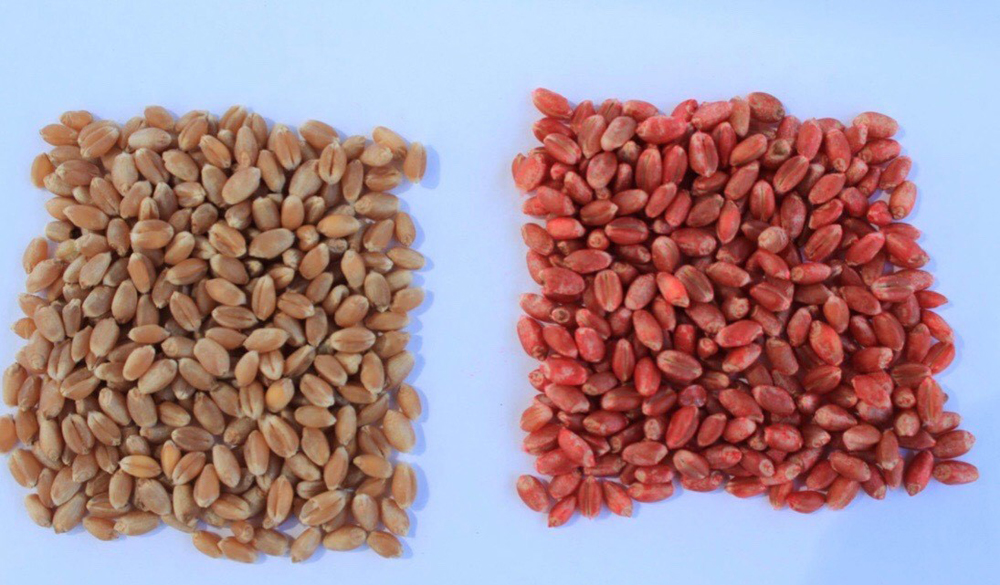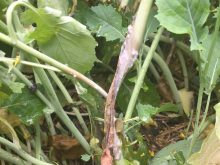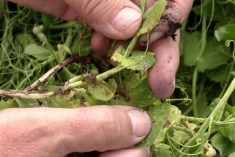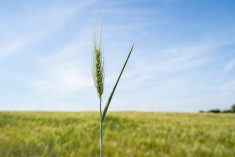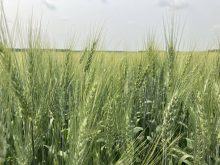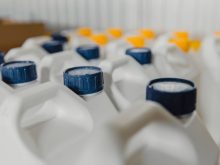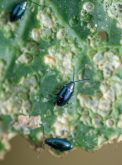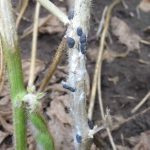Q: Why should I treat my seed with a fungicide? When should my seed treatment include an insecticide?
A: Seeds and seedlings are vulnerable to many soil-borne and foliar pests. Insects and pathogens can destroy germinating seeds and young plants, which are relatively tender and lack food reserves to recover from injuries or to survive extended periods of stress. Examples of stress include heavy rains, crusted soils, compaction, deep planting, cool soil, very dry soils and some post-emergence herbicides. Under stressful conditions, a number of aggressive or weak pathogens can become active and cause plant population and yield losses.
Read Also
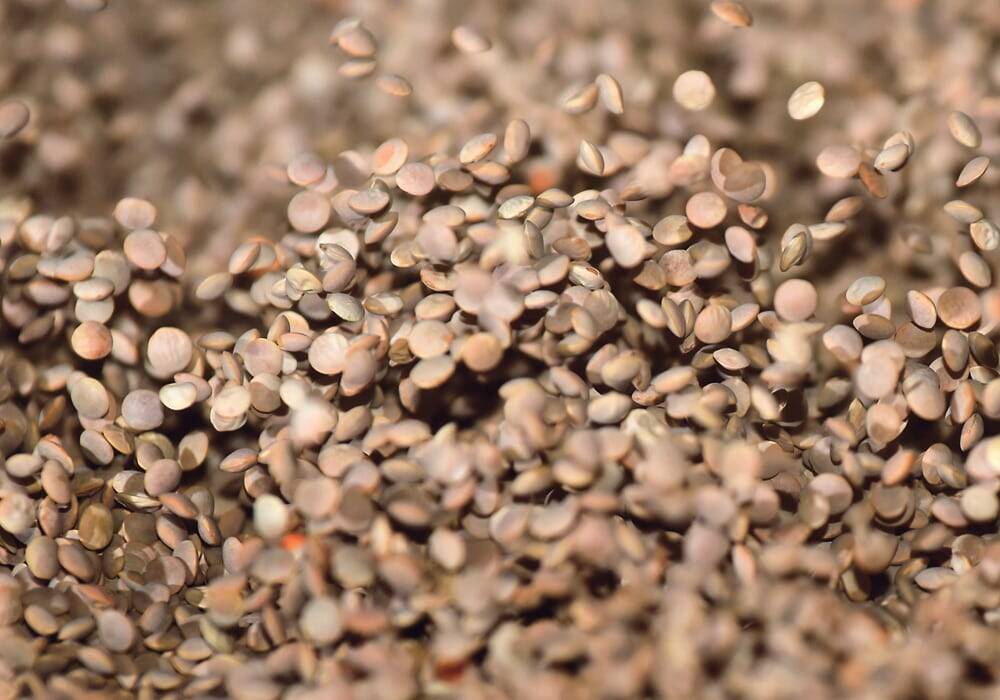
India likely to triple lentil import duty
Analysts anticipate India hiking duties to 30 per cent after March 31 to bolster domestic prices on expectation of strong harvest.
Seed treatments are commonly used to ensure uniform stand establishment by protecting against soil-borne pathogens and insects. They can suppress root rots in certain crops like lentils, peas, soybeans and chickpeas. Seed treatments have also had phenomenal success in eradicating seed-borne pathogens, such as smut or bunt from wheat, barley, and oats.
Seed treatments control seed-transmitted fungal pathogens that may be surface-borne on the seed or internally seed-borne. Additionally, they control soil-borne pathogens such as fusarium, pythium and rhizoctonia, seedling damping off, root rot and crown rot. Systemic seed treatments can sometimes provide additional protection against foliar fungal diseases later in the season.
In addition to controlling diseases, fungicide-insecticide combination seed treatments also control early-season insect pests such as wireworms, cutworms, and flea beetles. By controlling seedling damping off and other below-ground diseases, seed treatments improve stand establishment that results in healthy, vigorous seedlings. These seedlings then build natural defences that provide additional protection from diseases and insect pests.
Hassan Abidi, CCA, P Ag, CCSC, is a manager of agronomic services with Nutrien Ag Solutions in southwestern Saskatchewan.

